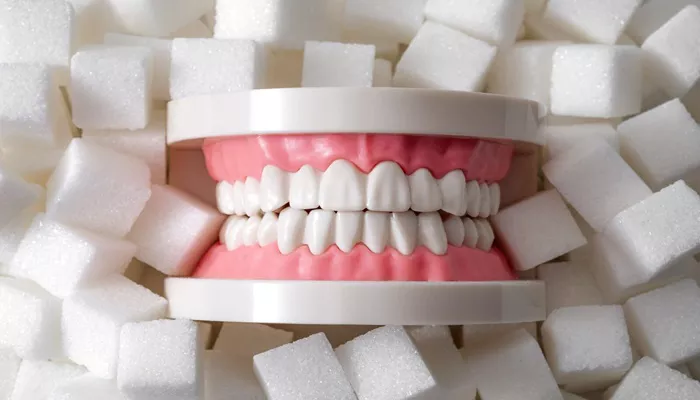Recent research from Japan has revealed that intensive diabetes treatment can significantly reduce gum disease, also known as periodontal disease. This study, published in the journal Diabetes, Obesity and Metabolism, highlights the positive effects of diabetes management on periodontal health, an area that has not been extensively studied.
The connection between diabetes and periodontal disease is well established. While it is known that treating gum disease can improve blood sugar control, the reverse—how diabetes treatment affects gum health—has remained unclear.
A collaborative team from Osaka University, which included experts from the Graduate Schools of Dentistry, Medicine, and Engineering, conducted a two-week intensive treatment program for 29 patients with type 2 diabetes. The researchers analyzed various systemic and dental indicators before and after the treatment. Notably, no dental procedures were performed during this study; participants only received diabetes care. The findings indicated improvements in glycoalbumin levels, a marker of blood sugar control, as well as a reduction in the Periodontal Inflamed Surface Area (PISA), suggesting decreased inflammation in the gums.
Further analysis showed that patients who experienced significant improvements had higher levels of C-peptide prior to treatment. This suggests better insulin secretion and less severe diabetic neuropathy and peripheral vascular disorders.
Masae Kuboniwa, a senior author of the study, emphasized that these findings could enhance understanding of the complex relationship between diabetes and gum disease. “This study shows that managing periodontal disease in diabetic patients requires not only dental treatment but also early intervention for diabetes,” Kuboniwa stated.
She added that fostering collaboration between medical and dental professionals from the onset of diabetes could play a crucial role in preventing gum disease progression.
This research contributes to a growing body of evidence linking oral health with overall health management in diabetic patients. As such, it underscores the importance of integrating dental assessments into routine diabetes care to improve patient outcomes.
Related topics:

